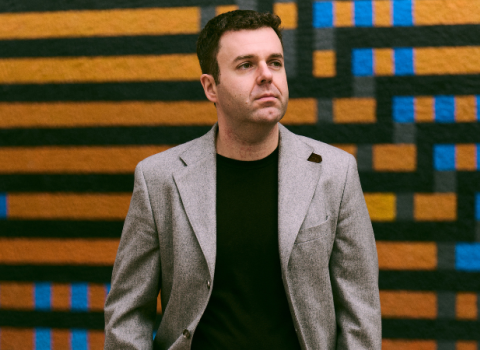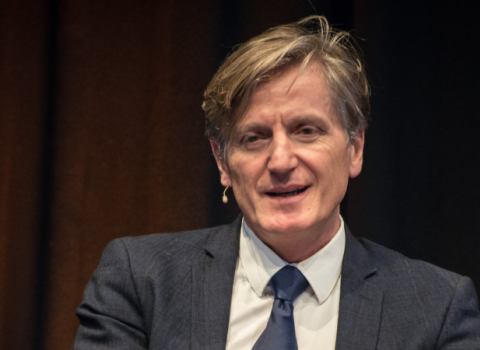
Confident: Education Director General Odile Quintin.
As Education Director General Odile Quintin confirmed last week at a Science|Business conference, the Commission still expects half the funding to come from industry. The problem is that so far not a single company has publicly pledged to put money into the KICs, the Knowledge and Innovation Communities through which industry is to be involved.
The long and the short of it
Final agreement on the name of the EIT emerged after negotiations between the European Commission and Parliament. Yes, it is the European Institute for Innovation and Technology. And yes, the abbreviation is EIT. What is not yet clear is whether the “I” stands for Institute or Innovation…or for both.
But Quintin was reluctant to reveal which companies had expressed an interest. “We don’t want to pre-empt the formation of the KICs,” said Quintin. “The day [the EIT] is established we will see which businesses will declare themselves as wanting to be part of this process.” She added that Commission President José Manuel Barroso has met a number of businesses either jointly or in separate discussions.
Her confidence is based on the fact that two possible priority areas for the EIT – renewable energies and climate change – are hot areas for commercial development. Quintin also believes that industry will be attracted by the EIT’s independence from political pressure, as its governing board will decide what projects it will support.
That could turn out to be a Catch-22, as although the Commission and other European bodies have suggested priorities for the EIT, the institute will be entirely free to determine its own priorities, though Quintin added, “Of course they will take account of what the Parliament and the Commission have said.”
What the EIT decides will depend on the governing body, which remains to be appointed. The European Parliament will receive prior notice of proposals for programmes, but will not be able to decide, said Quintin.
Quintin also called on the committee appointing the governing board to include representatives from SMEs, though she recognised that “it might be difficult for some SMEs to join in the first KICs, even in the area of renewable energies and climate change”.
Meanwhile, countries are lining up to bid to host the new institute, with Germany, Austria and Poland among those that have expressed a keen interest. That could lead to a bidding war that would see money flowing in to the EIT – Poland, said Quintin, had already pledged €1 billion to the institute in the event it gets sited in the country.
Quintin was speaking at the inaugural meeting of the Science|Business Policy Bridge, a programme of EU innovation policy conferences and Web coverage intended to bring together the worlds of academia, industry and policy. Founding members of the Policy Bridge are Procter & Gamble, Microsoft, SAS and EuropaBio. The host was the secretariat of the European Free Trade Assocation.





 A unique international forum for public research organisations and companies to connect their external engagement with strategic interests around their R&D system.
A unique international forum for public research organisations and companies to connect their external engagement with strategic interests around their R&D system.